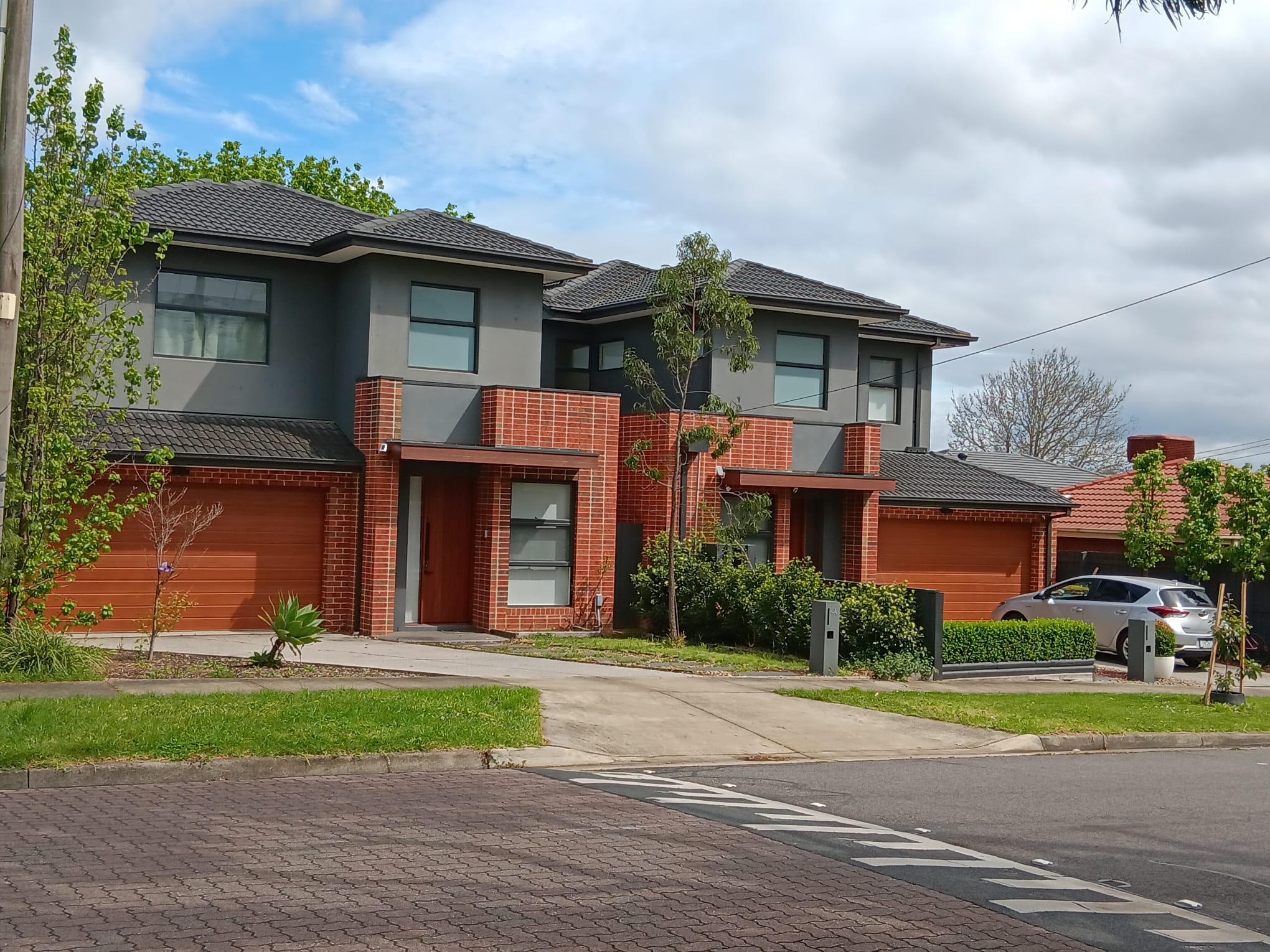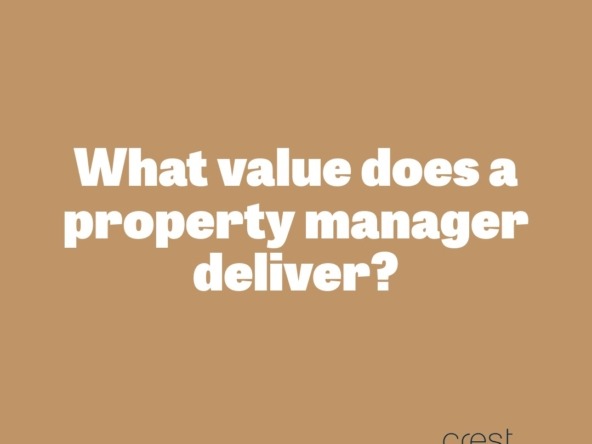Comparing positive and negative gearing. Positive gearing and negative gearing are two different investment strategies used in real estate, particularly in property investment. They refer to the financial outcomes of an investment property in terms of cash flow. Here’s a comparison of positive and negative gearing:
Positive Gearing:
1. Definition:
- Positive gearing occurs when the rental income from the property is higher than the total expenses associated with owning the property. These expenses include mortgage repayments, property management fees, maintenance costs, and other related expenses.
2. Advantages:
- Regular Income: With positive gearing, the property generates regular income for the investor.
- Profitable: Investors make an immediate profit because the rental income exceeds the expenses.
- Financial Stability: Positive cash flow provides financial stability and can be reinvested or used for other purposes.
3. Disadvantages:
- Taxation: Positive gearing usually results in higher taxable income, leading to higher tax payments.
- Limited Tax Benefits: There are limited tax benefits available since the property is already generating a profit.
Negative Gearing:
1. Definition:
- Negative gearing occurs when the rental income is less than the total expenses. In this situation, the investor has to cover the shortfall from their own funds.
2. Advantages:
- Tax Benefits: Negative gearing allows investors to offset the losses (the shortfall between rental income and expenses) against their taxable income. This can result in significant tax benefits.
- Potential Capital Gains: Investors may benefit from potential appreciation in the property’s value over time.
3. Disadvantages:
- Cash Flow Issues: Investors need to have sufficient cash flow to cover the ongoing losses from the property.
- Market Dependency: Relies on the property’s value increasing over time to offset the losses incurred.

Comparison:
1. Risk and Reward:
- Positive gearing is generally lower risk as it generates immediate income, but the returns might be moderate.
- Negative gearing can potentially offer higher returns due to property appreciation, but it involves higher risk and requires a long-term investment horizon.
2. Tax Implications:
- Positive gearing results in higher taxable income and fewer tax benefits.
- Negative gearing provides tax benefits through deductions for the losses incurred, which can be offset against other income.
3. Cash Flow:
- Positive gearing provides stable and positive cash flow, which can be useful for covering other expenses or investments.
- Negative gearing requires investors to cover the ongoing losses from their own funds, which can strain cash flow.
4. Market Conditions:
- Positive gearing can be more sustainable in stable or rising property markets.
- Negative gearing might be more common in markets where property values are expected to increase over time.
In summary:
Positive gearing provides immediate income and financial stability but offers limited tax benefits, while negative gearing offers potential higher returns through property appreciation and significant tax benefits but requires the investor to cover ongoing losses. The choice between positive and negative gearing depends on individual financial goals, risk tolerance, and market conditions. It’s crucial for investors to carefully consider these factors and seek professional advice before making any investment decisions.
What to do next?
At Crest Property Investments we specialise in sourcing brand new and off the plan properties for buyers. If you’d like to learn more about property investment, please feel free to look us up on our website.
Our YouTube channel and Market Insights also provide a wealth of information to assist you with many areas relating to property.
While we have taken care to ensure the information above is true and correct at the time of publication, changes in circumstances and legislation after the displayed date may impact the accuracy of this article. If you want to learn more, please contact us. We welcome the opportunity to assist you.
March 2024




